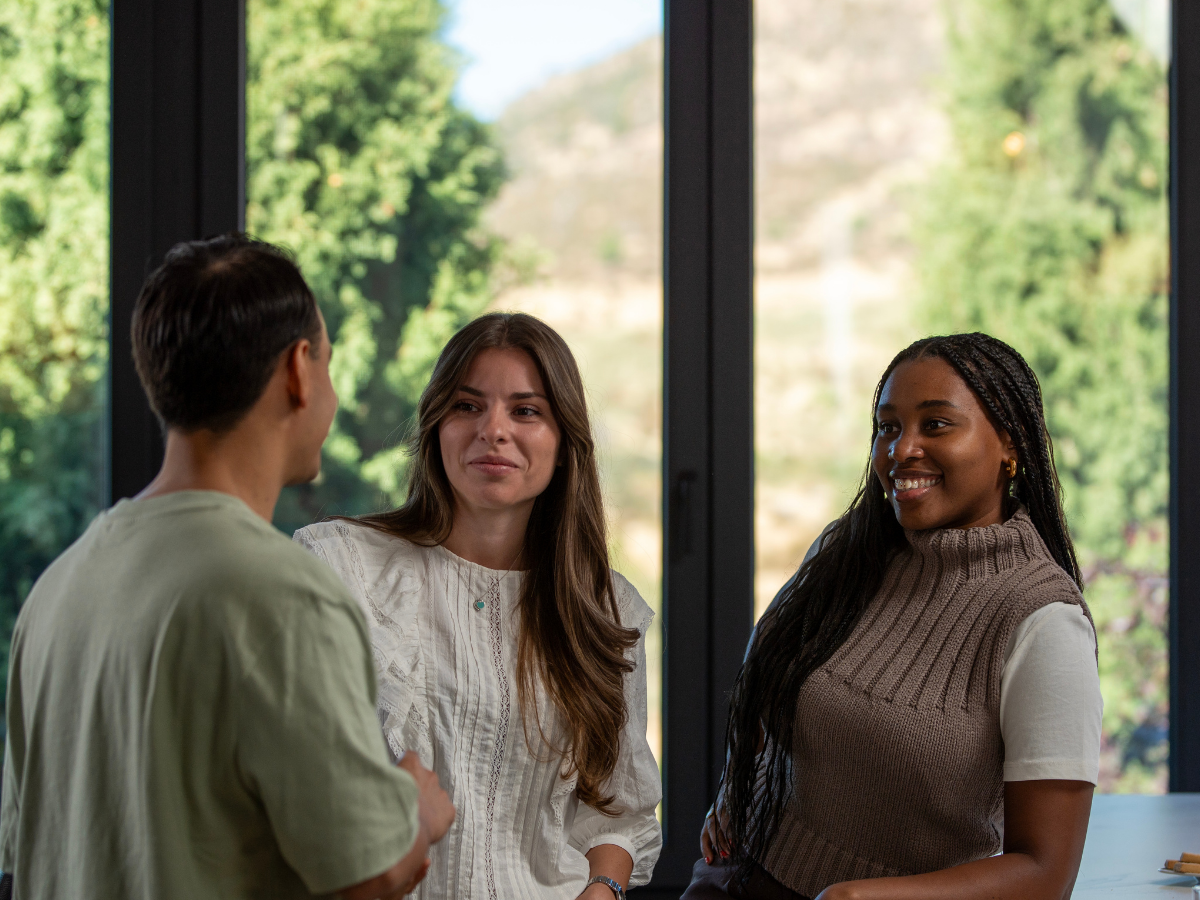“I’m so sorry for the late reply!”
If you’ve ever typed that sentence and felt a sinking feeling in your stomach, you’re not alone.
Whether you’re neurodivergent (living with ADHD, autism, or both), juggling mental health challenges, or simply trying to survive the everyday chaos of life, delayed replies can feel like relationship sabotage. You hit “send,” but the guilt lingers. Will they think I don’t care? Did I just ruin this friendship? Am I a bad friend?
The pressure to always be available is a modern stressor many of us are quietly suffering under. With smartphones in our pockets and messaging apps pinging 24/7, it’s easy to feel like you’re failing your friends if you don’t reply immediately. And for people with ADHD or autism, executive dysfunction, emotional overwhelm, and social fatigue can make consistent communication even harder.
We live in an era of “instant everything.” The rise of social media and messaging has blurred the boundaries between personal time and social obligation. The expectation to be “always on” – responsive, available, and thoughtful – is heavy, especially if you’re already managing sensory overload, emotional burnout, or simply trying to make it through the day.
Phrases like “If they wanted to, they would” or “People make time for what matters” might sound wise, but they can be incredibly painful for people with good intentions and limited capacity. Sometimes, not replying doesn’t mean you don’t care – it just means you’re at capacity.
For many autistic and ADHD adults, maintaining friendships isn’t about love or loyalty – it’s about energy. Responding to a message can require more mental effort than others realize. There’s decision fatigue, fear of saying the wrong thing, or simply forgetting in the whirlwind of daily tasks. And when you finally remember, shame can creep in and delay the response even more.
You’re not ghosting. You’re not ignoring anyone. You’re just overwhelmed.

The truth is: strong friendships aren’t built on fast replies. They’re built on understanding, empathy, and mutual respect. Some of the best friendships are the ones where weeks or even months can pass, but the connection remains strong. Where catching up feels easy, not filled with guilt or explanations.
It’s okay to need time. It’s okay to be human.
What helps is honest communication. Letting friends know: “I care about you. I might not always reply quickly, but I’m always thinking of you.” Sometimes, setting clear boundaries (like, “I prefer meeting up rather than texting”) can help you maintain connection on your own terms.

If you’re on the other side – feeling ignored or hurt by a delayed message – your feelings are valid too. Silence can sting, especially when we interpret it as rejection. But remember: most delays aren’t personal. They’re circumstantial.
The need to feel valued is universal. And sometimes, both people in the conversation just want reassurance that the bond still matters – even if messages are few and far between.
If technology has made us more connected than ever, it’s also made us more anxious. The expectation to always show up – immediately, thoughtfully, perfectly – isn’t realistic. Especially if you’re neurodivergent, overwhelmed, or struggling.
So let’s create space for slow friendships. For friendships that bend, not break. For messages that come late, but still come from the heart. You’re not a bad friend – you’re just a person with a full plate and a full heart.

If you’re feeling stuck, overwhelmed, or unsure how to repair or maintain your relationships – especially if you’re living with ADHD or autism – therapy can help. Together, we can explore how to create stronger, more sustainable connections without burning out.
Reach out today – you deserve friendships that feel safe, not stressful.
The Eaves Counselling and Psychology Ltd is a select professional body of Counsellors, Psychotherapists and Psychologists, providing high quality psychological care Monday to Saturday between 9am and 9pm from our practices in Guildford, Godalming, Farnham, Haslemere and online.
Are you a business owner or would like more support from your job? The Eaves’ own Employee Assistance Programme (EAP) service for small to medium businesses is easy, affordable and gives staff instant access to our large team of in-house Counsellors and Psychologists at a time and date to suit them.
If you need immediate support please find our list of useful contacts